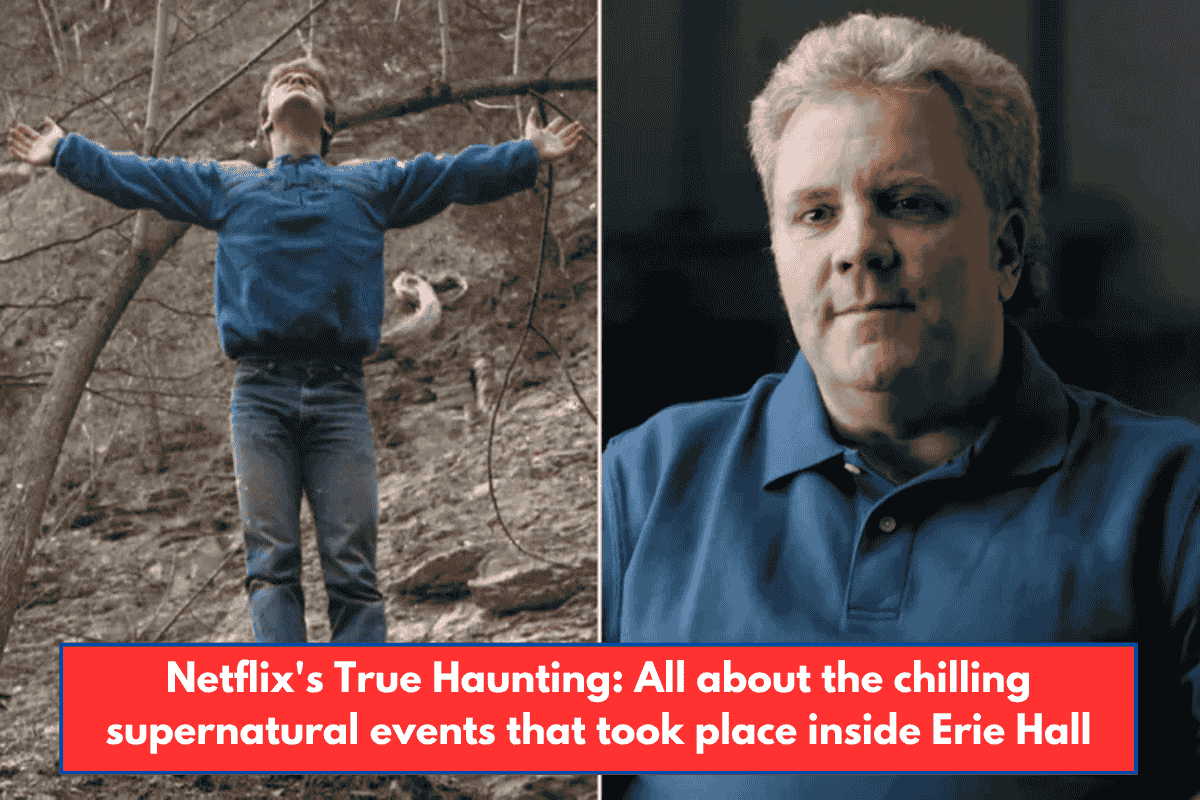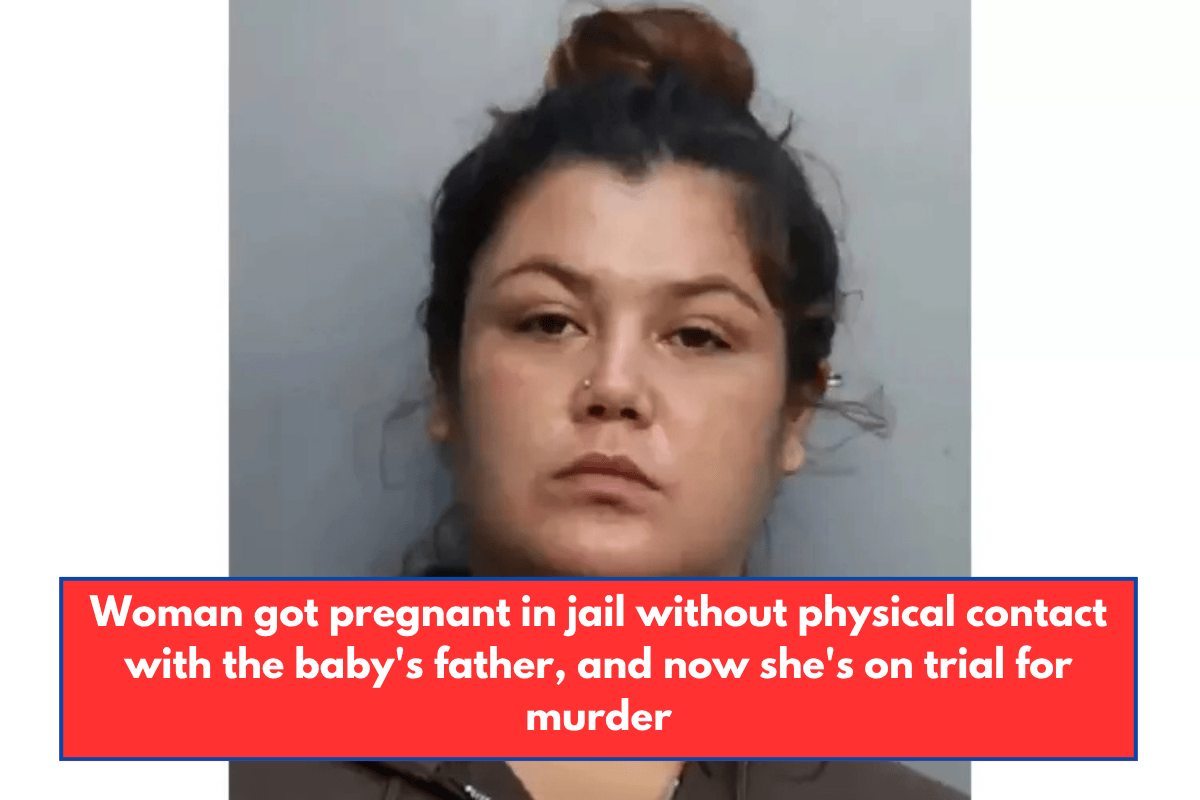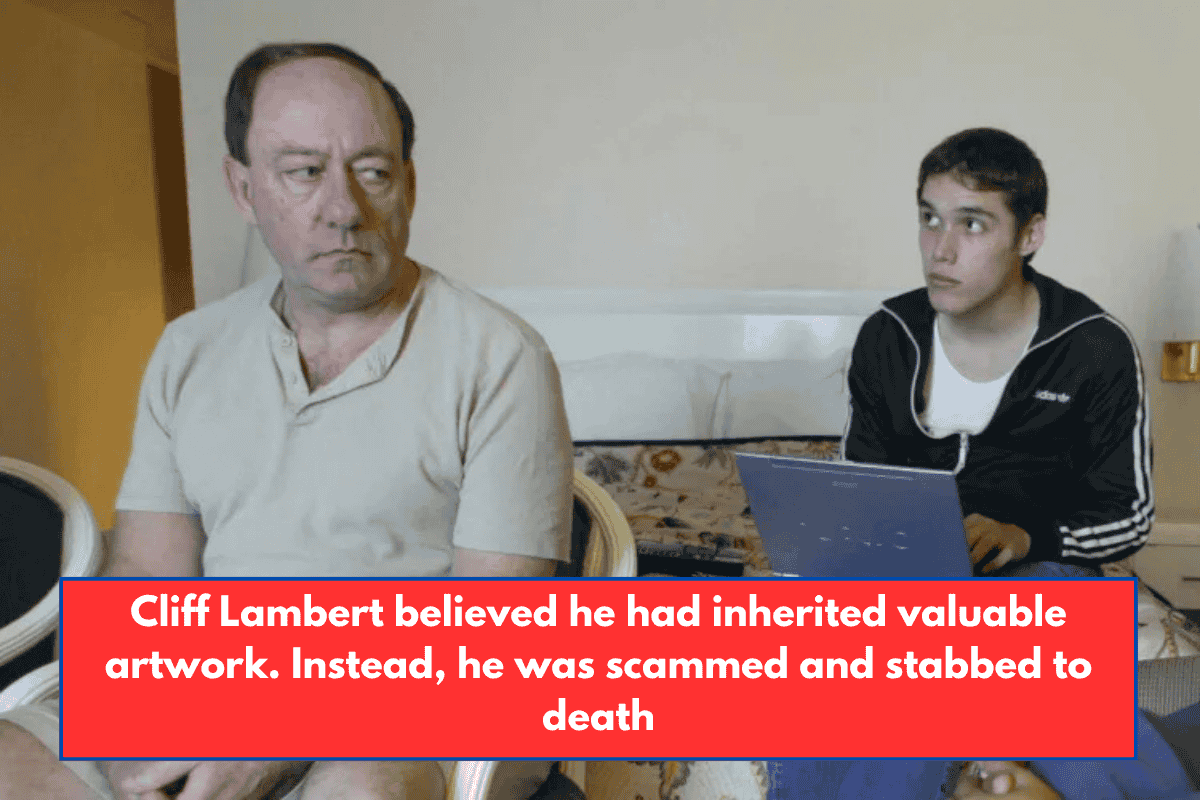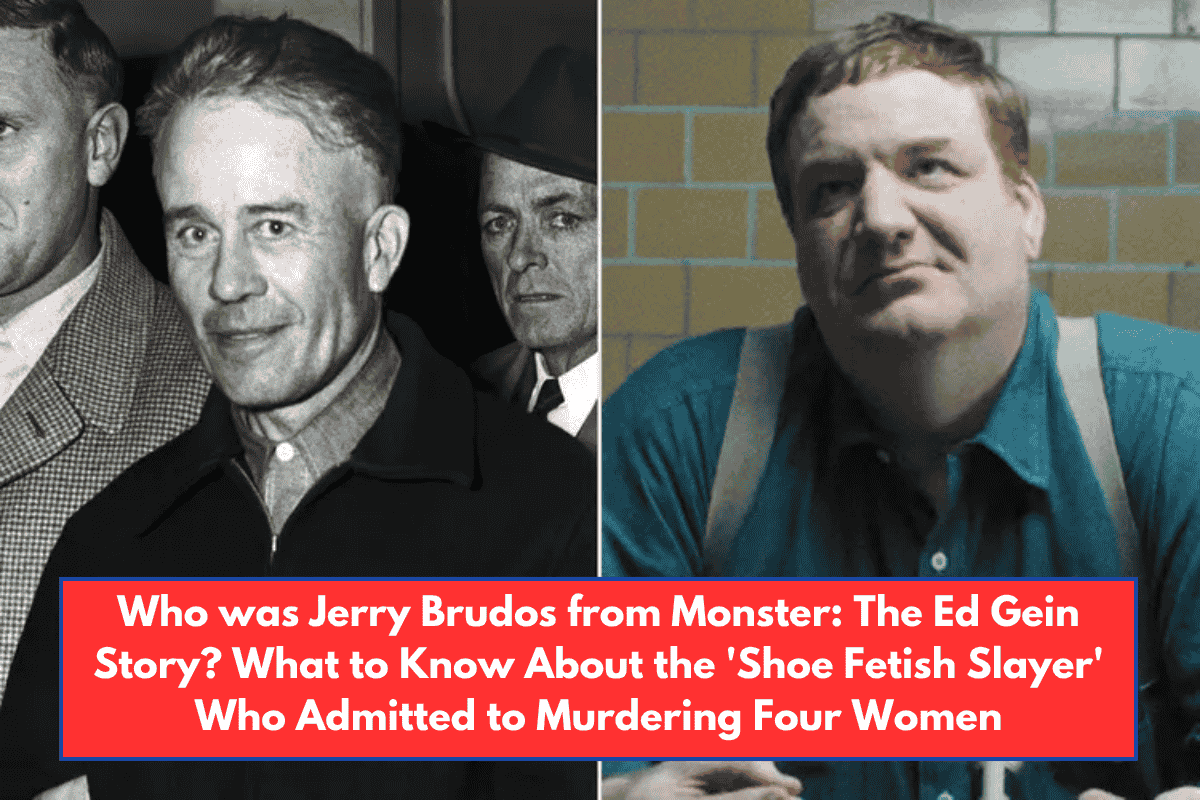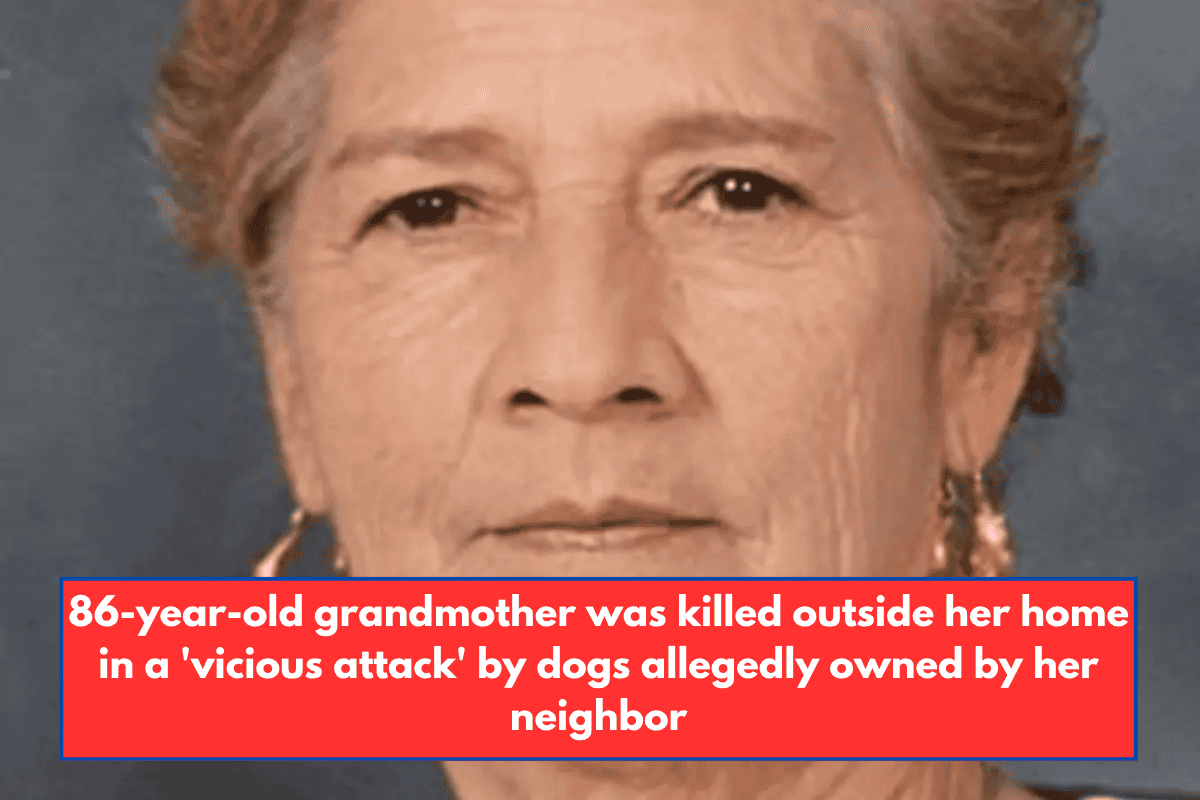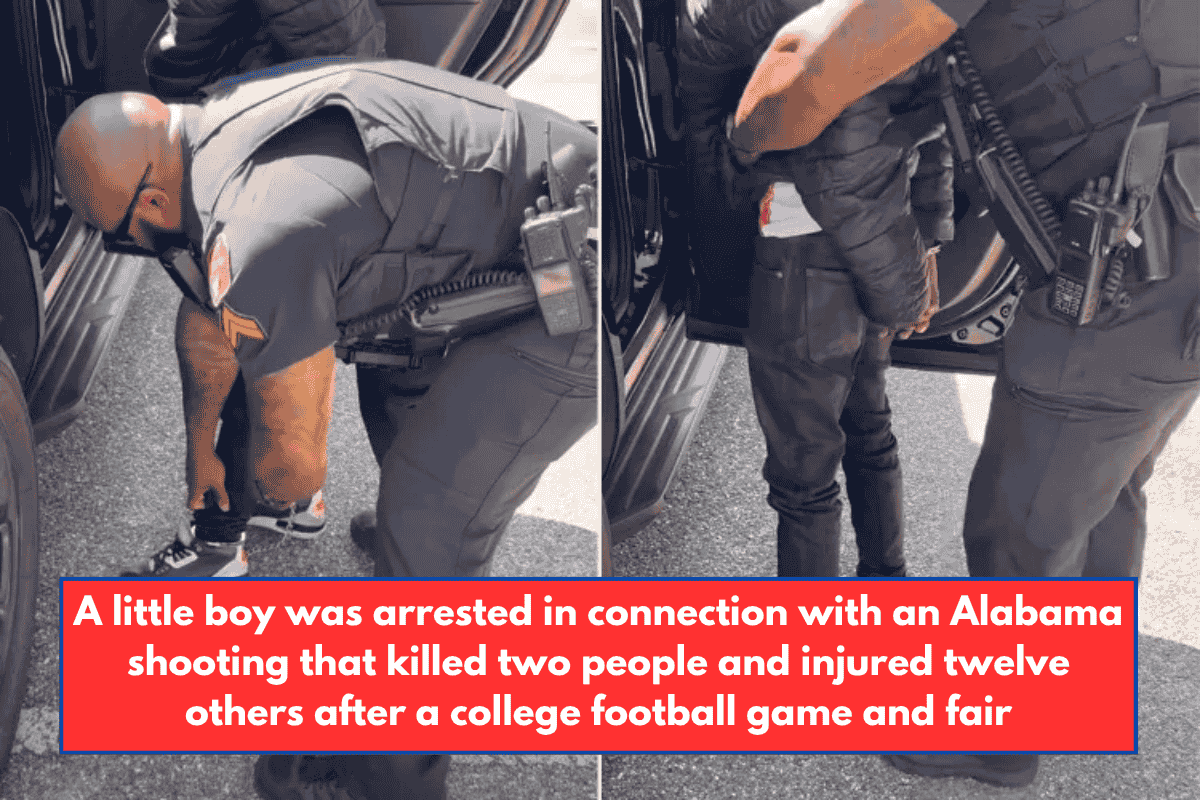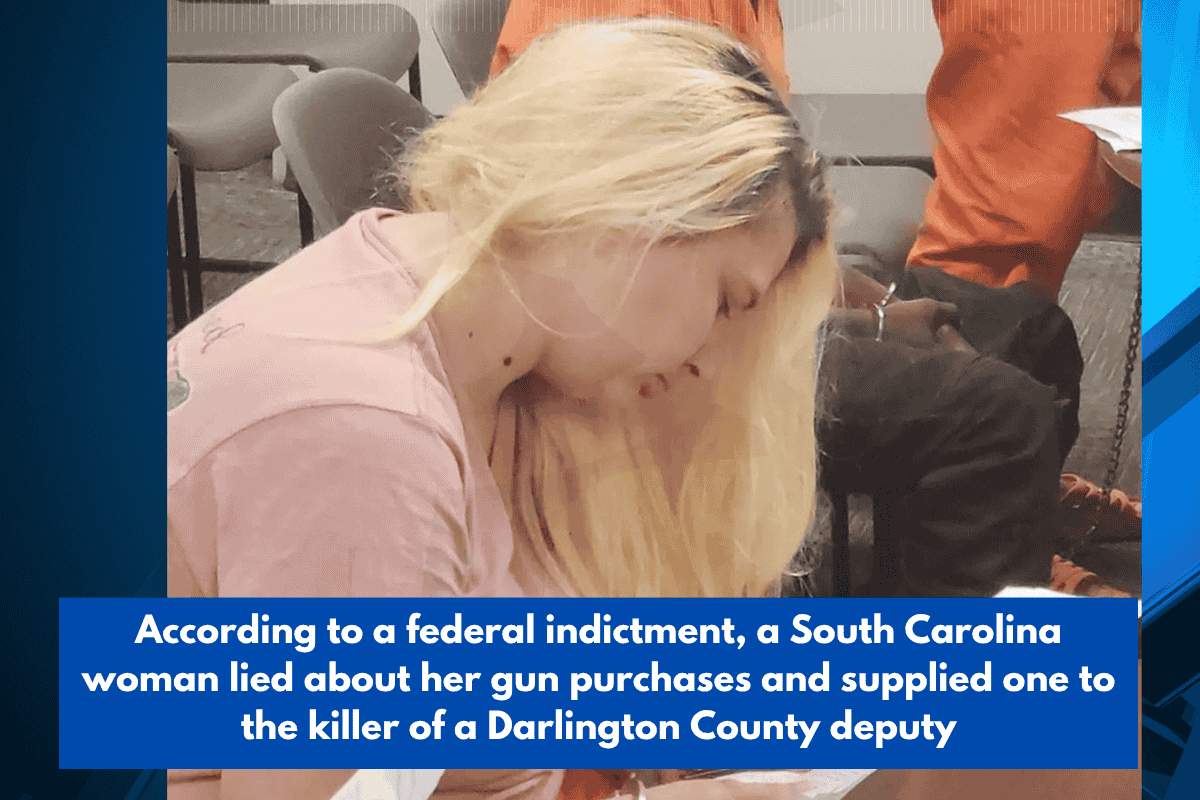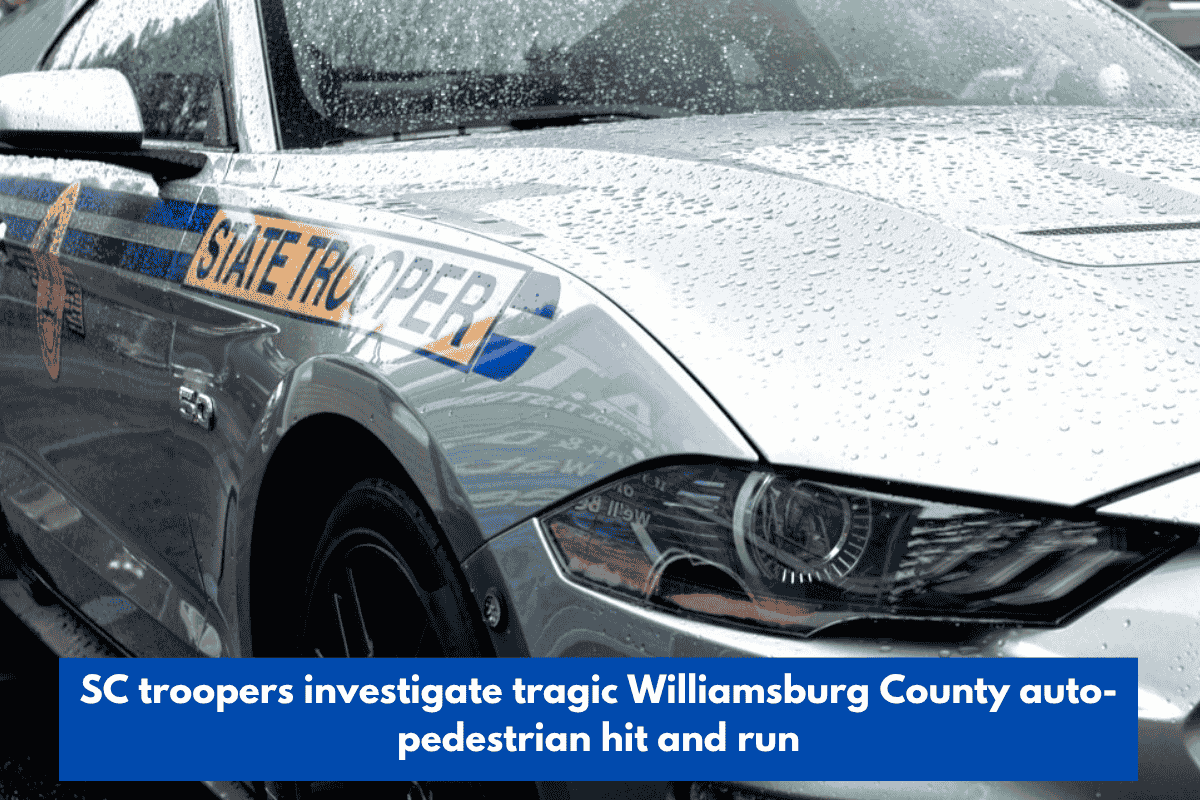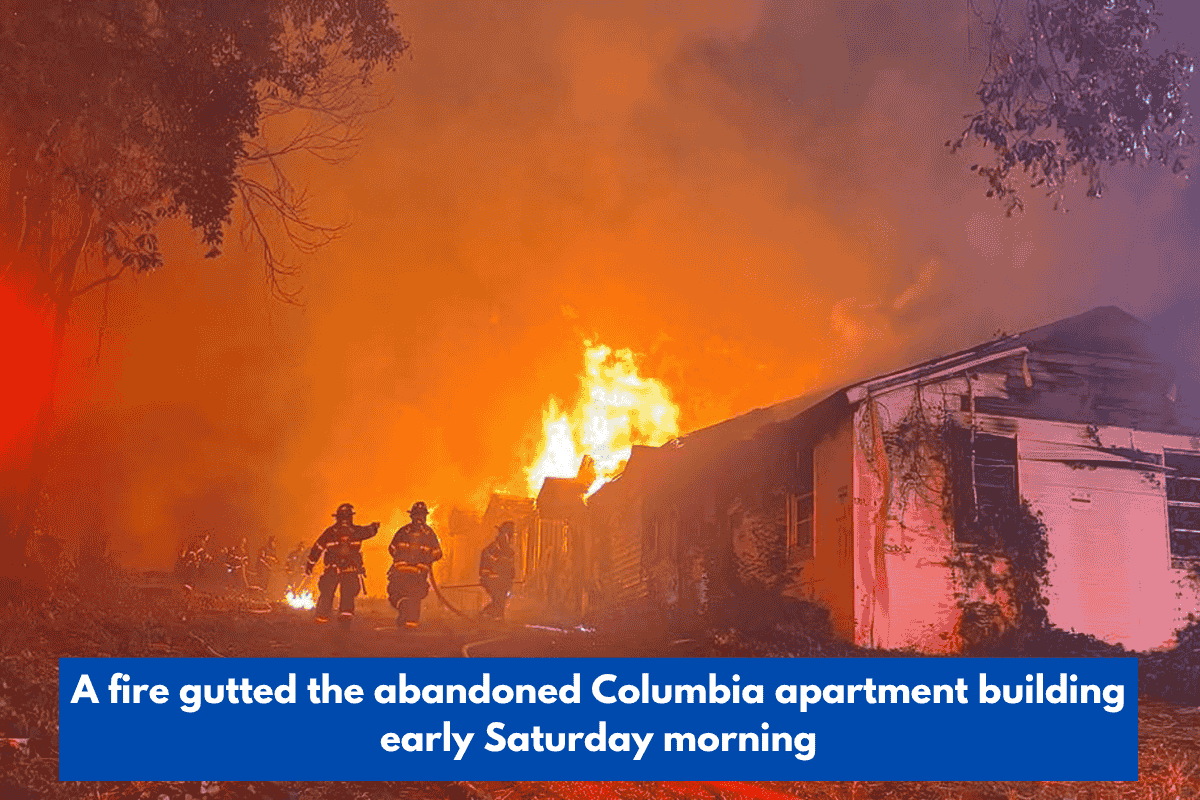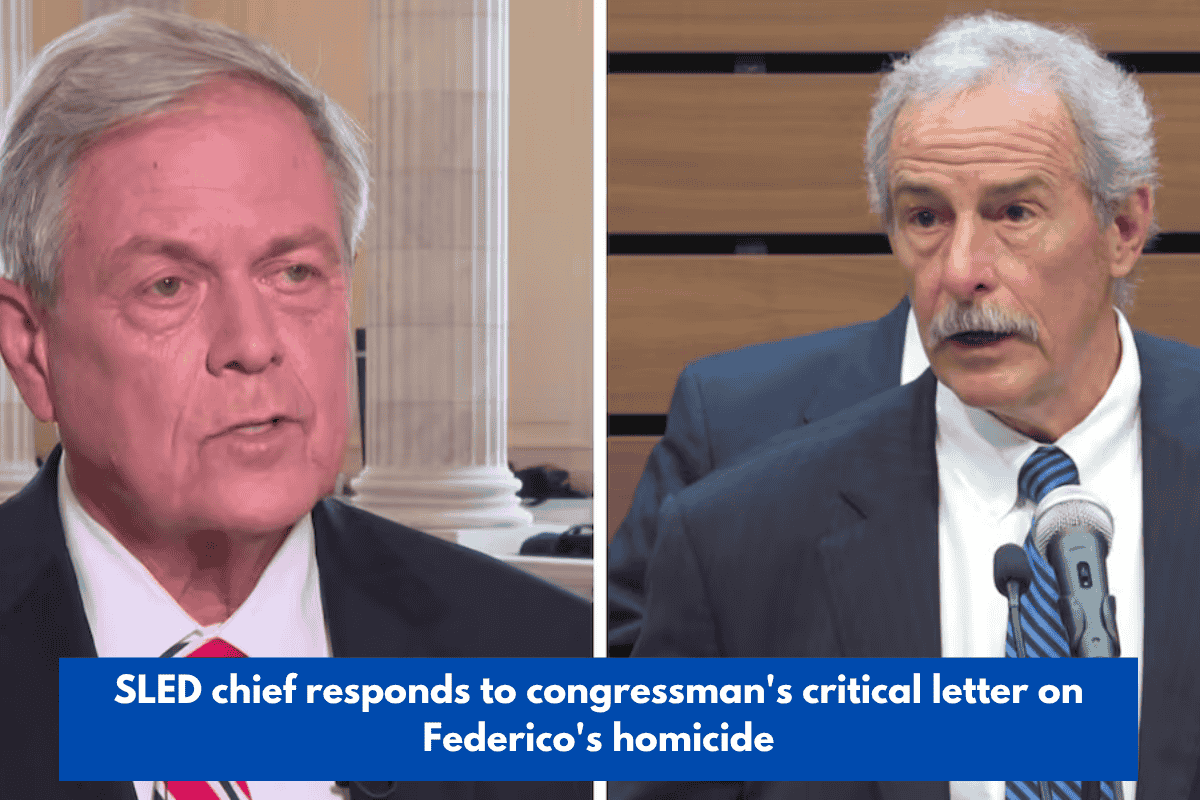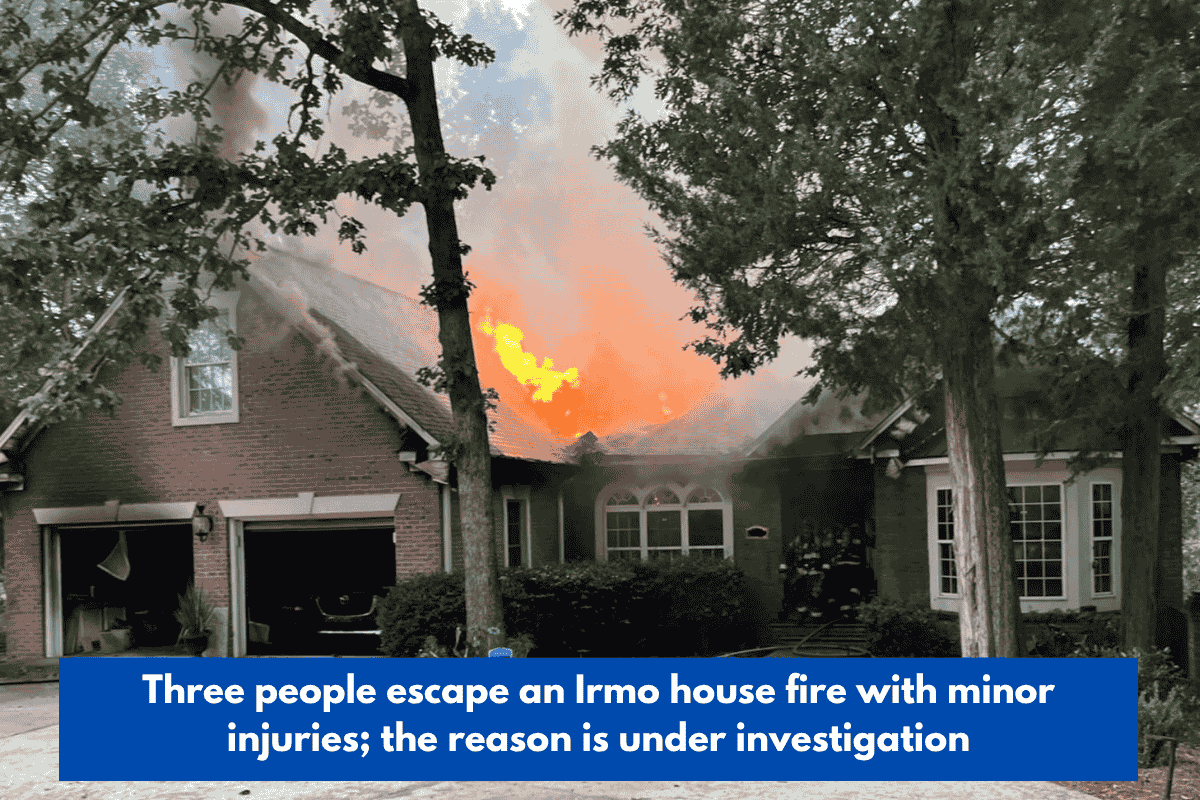In an unexpected move, a defendant from the January 6th Capitol riot has filed a request asking a California federal judge to apply a presidential pardon granted to people involved in the riots to a separate child pornography case he is facing. This action follows a series of similar requests from individuals involved in the January 6th events, as they seek pardons for unrelated charges tied to their involvement in the riot.
Background of the Defendant, Kyle Colton
Kyle Travis Colton, a 38-year-old man from California, was arrested in December 2023 in connection with the January 6th Capitol riot. According to authorities, Colton claimed during a flight from Washington D.C. to Los Angeles that he was part of the “second wave” of rioters who stormed the Capitol building. Later, in February 2024, he was hit with additional charges for receiving child pornography, with the accusation stating he had received explicit images involving minors through interstate commerce.
The Connection Between the Jan. 6 Riot and the Child Pornography Case
The charges related to child pornography were investigated after Colton’s actions during the Capitol riot. Investigators had already been looking into him for his involvement in the riots when they discovered evidence related to the child pornography charges on his laptop. Colton’s defense team argues that the child pornography investigation is closely tied to the Jan. 6 events and that the evidence was gathered improperly as part of the broader investigation into the riot.
In a motion filed to dismiss the charges, Colton’s attorneys argued that the evidence used against him in the child pornography case should be dismissed because it was obtained during the investigation of his involvement in the Capitol riot. The motion points out that the laptop, which was key evidence in the child pornography case, was seized as part of the Jan. 6 investigation and thus should fall under the blanket pardon granted by former President Trump for those involved in the riot.
Legal Arguments for and Against the Pardon
Colton’s legal team further argues that the January 6th pardon, which covers “offenses related to events that occurred at or near the United States Capitol,” should also apply to his child pornography case. They claim the search of Colton’s laptop, which led to the child pornography charges, was unconstitutional, as it was originally tied to the Jan. 6 investigation. The defense highlights that, in other cases, the U.S. Department of Justice has treated charges based solely on evidence from the Jan. 6 investigations as linked to the events at the Capitol.
However, in a decision earlier this year, the court overseeing Colton’s child pornography case allowed the evidence to be used despite agreeing that the search warrant for the laptop lacked probable cause. This decision relied on the “good faith exception” to the exclusionary rule, which allows evidence to be used even if it was gathered improperly, as long as authorities believed they were acting in good faith.
The Outcome and Broader Implications
On June 7, 2025, a federal judge in Baltimore made a decision to apply Trump’s pardon to a man who had a firearms charge tied to the Jan. 6 events. This outcome raised hopes for others, like Colton, seeking to have their charges related to the Capitol riot dropped under the same blanket pardon. However, the same day, a judge in Tennessee rejected a similar request, ruling that the firearms charge was unrelated to the Jan. 6 events.
Colton’s case highlights the complex legal battles many individuals face after being involved in the Capitol riot, especially when their actions have led to charges unrelated to the riot itself, like the child pornography charges in this instance. While some courts are willing to consider applying the pardon, others argue that the charges must be closely related to the riot in order for the pardon to be valid.
Colton’s request to apply the presidential pardon to his child pornography case adds an interesting layer to the ongoing legal consequences for those involved in the January 6th Capitol riot. While some defendants have seen success in having their charges dismissed under the pardon, others continue to face uphill battles in court. The outcome of Colton’s case could influence how similar motions are handled in the future, as it raises important questions about the relationship between various criminal charges and the events surrounding the Capitol riot.



